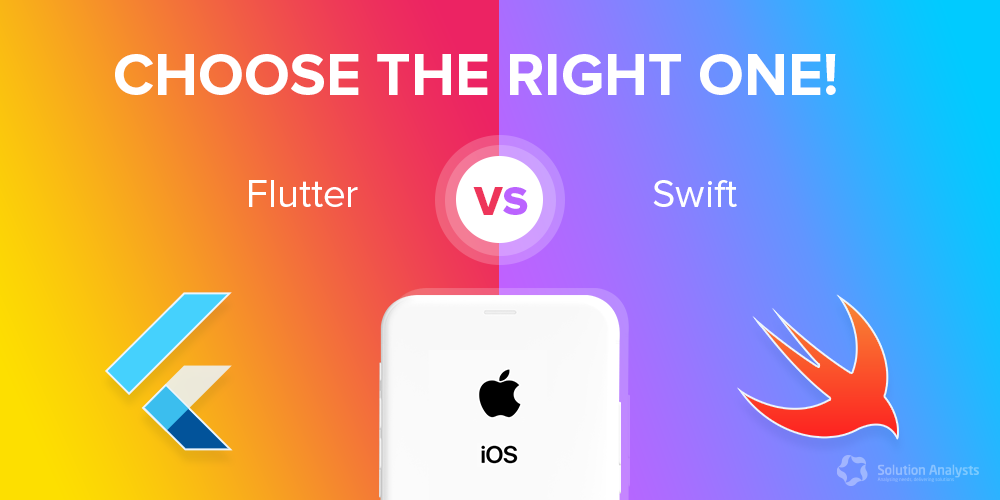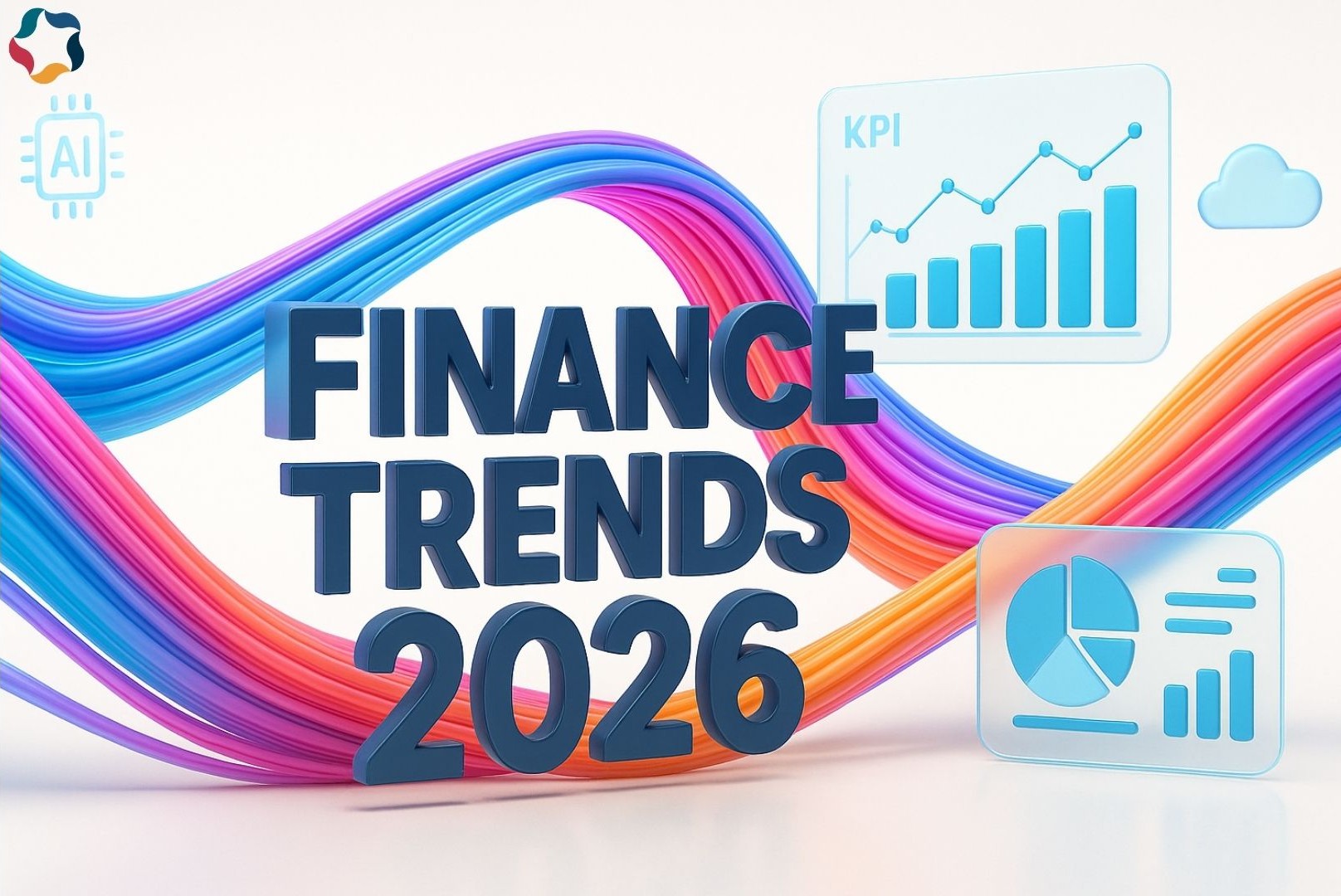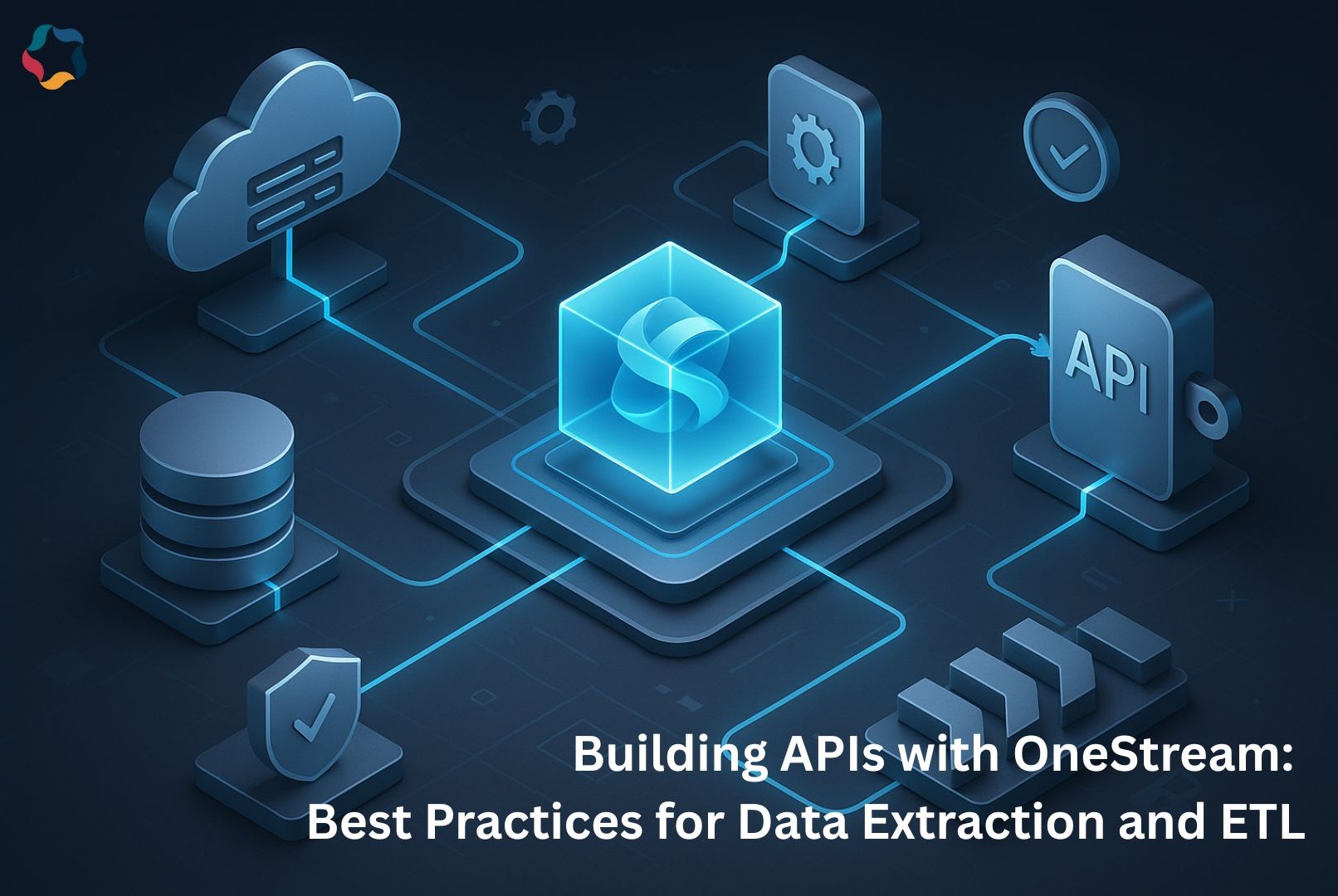
Table of Contents
Advancing technology has made hybrid frameworks powerful enough to develop a mobile app with a native-like look and feel. Startups and small companies can leverage the benefits of a thriving mobile app development domain without spending a small fortune thanks to these hybrid frameworks. Also, such apps can reduce TTM (Time to Market) significantly.
Though several robust cross-platform app development platforms are available on the market these days, only a few have succeeded in marking their presence. Flutter app development is certainly one such sector that has become a new development trend soon after its launch. Flutter framework is capable of developing cross-platform apps that can be run seamlessly across Android and iOS.
However, when it comes to iOS app development, Swift has remained a preferred language of developers globally. It is fair to mention that Flutter has provided strong competition to Swift and created a dilemma of choosing the right platform for developing iOS apps. If you also face the same situation, no need to worry. Here we are going to compare Swift and Flutter. It will certainly help you select the right framework for developing an upcoming iOS business app.
But, before comparing these frameworks, let’s have a brief introduction of them.
Brief on Flutter
Developed and supported by Google, Flutter is one of the most popular, multi-platform, mobile SDKs. It helps developers build customized mobile apps for Android and iOS platforms using a single source code. Flutter app development is swift and cost-effective for startups and SMEs.
Flutter has great documentation and the framework uses Dart programming language for iOS and Android app development. It offers complete support to native features.
Brief on Swift
Swift programming language has made iOS app development more interesting for app developers. It is a type-safe, fast, and modern language with regular updates and periodic improvements. Apple has developed Swift with exceptional native tools and excellent documentation. What’s more, Swift has great community support of hundreds of thousands of active developers who build native iOS apps using new features of Swift language.
After a brief introduction, we have a detailed comparison between Swift and Flutter. We will restrict our comparison to iOS app development. Every iOS app is unique with exclusive features and functionality. Let’s see how both these frameworks work for developing an iOS app.
Comparison of Flutter and Swift for Developing iOS Apps
Onboarding process
Flutter- Flutter binary is necessary to install for developing Flutter-based iOS apps alongside Xcode. After setup, you need to use some commands to build a new app. Let’s take an example of a sample app native-compare. You need to give the following command to start.
$ flutter create native_compare
$ cd app_name
This command will give developers description of the Flutter project. Developers can then apply a button with the Flutter Raised Button Widget. Once the button is applied, the application can be run through the command $ Flutter run. The simulator is required to open the app in Flutter.
Swift– It is developed specifically to build iOS apps with necessary features. Developers can use Xcode as the IDE and need a MacOS in which Xcode is installed. It is easy to start a new project in Xcode. The developer needs to follow the path- File> New> Project> iOS Single View App. Now, developers can simply name the app and choose Swift as their programming language.
After filling up all the necessary details, developers can start developing an app.
Verdict
As compared to Flutter app development, Swift app development has a less complicated integration process and the overall onboarding process is less stressful.
Development Time
Flutter- Developers can build Flutter-based iOS apps in debug mode to get the clean build time by erasing the data from the build directory. For a Flutter app, the clean build time is approximately 30 to 45 seconds.
Swift- xcodebuild command-line tool or Xcode is used to measure the build time while developing iOS apps. Swift developers can also delete the build folder or derived data for analyzing the build time for clean builds. Here, a clean build tool takes almost 13.334 seconds to develop an iOS app. Every consecutive build takes less than a second in Xcode.
Verdict
Flutter app development takes a little more time as compared to Swift for clean builds. Though additional development in Flutter is quite speedy, the Xcode for Swift offers superfast additional builds.
Also Read- Step-by-step Guide for Flutter Application Development
Reloading of App
App reloading is important in the domain of mobile app development as it is related to testing the app on a simulator or a device after making changes in the code.
Flutter- It has a wonderful Hot Reload feature that helps developers make changes in apps when they find necessary and reload the apps. The simulator will show the changes within a few seconds. The Flutter platform performs the entire reloading procedure in just 3 seconds.
Swift- While building an iOS app, if developers need to change the name of a button, they require to rename the interface element from the storyboard. After renaming, the developers can rebuild the application to check whether the changes are seen on the device or the simulator. The whole procedure takes around 7 to 12 seconds in Xcode.
Verdict
Hot Reload gives a clear victory to Flutter app development when it comes to app reloading.
Dynamic analysis
It is about analyzing CPU, memory, resources, and other functionality factors of the app. This procedure is also known as app profiling.
Flutter- It enables developers to profile iOS apps with the IDE or through the command line. Flutter documentation has elaborated Flutter app profiling for developers. App profiling in Flutter can be done from the command line. For Flutter app development, the app profiling time is approximately 149 seconds.
Swift- Developers can profile an app in Xcode by using instruments. There is an option of profiling an app with Product>Profile from Xcode. It will introduce developers to an instrument app where they can measure the app by various criteria. Swift enables developers to select any template. They can also choose the Time Profiler for analyzing the CPU threads. Here it is possible for developers to select the button many times.
Verdict
App profiling is a crucial process and requires more attention from both Swift and Flutter platforms. Though Flutter and Swift both offer great support for profiling of iOS apps. The only difference is- Xcode has a dedicated app whereas Flutter has a simple and easy way for app profiling using the browser.
Accessibility
The accessibility feature can improve the user experience of differently-abled people. In other words, this feature can enable developers to build iOS apps in a way that every user can use them.
Flutter- Flutter framework does not support developers to add accessibility. The Flutter documentation recommends measuring iOS apps by using the Accessibility inspector tool of Xcode. The addition of accessibility identifiers in Flutter is in progress.
Swift- Swift iOS tools provide accessibility in the UIKit framework. It enables developers to get rid of importing another framework for allowing the accessibility feature in Swift app development. Developers can add the accessibility traits, labels, and identifiers using the code in the iOS app. The interface builder and StoryBoard can also be used to provide accessibility to various users.
Verdict
When it comes to accessibility, Flutter still lacks an enhanced process. Swift, on the other hand, offers good support to iOS app developers for building better apps for people with a different ability.
Who is the winner?
Considering all these major parameters, it seems that Swift has an upper hand over Flutter for developing feature-rich iOS apps. However, it is better to consult a reputed mobile app development company to choose the right platform based on your business model, budget, and project requirements.
Concluding Lines
Both Swift and Flutter are capable of developing feature-rich iOS apps. But here, the basic difference is- Swift is built for developing native iOS apps and Flutter is designed for building hybrid apps.
You can choose the right platform for developing a business app by considering your target audience, project requirements, and other parameters. If you want to come up with a native iOS app with desired features then it is better to select Swift, or else, you can choose the Flutter framework.










 sales@solutionanalysts.com
sales@solutionanalysts.com solution.analysts
solution.analysts






